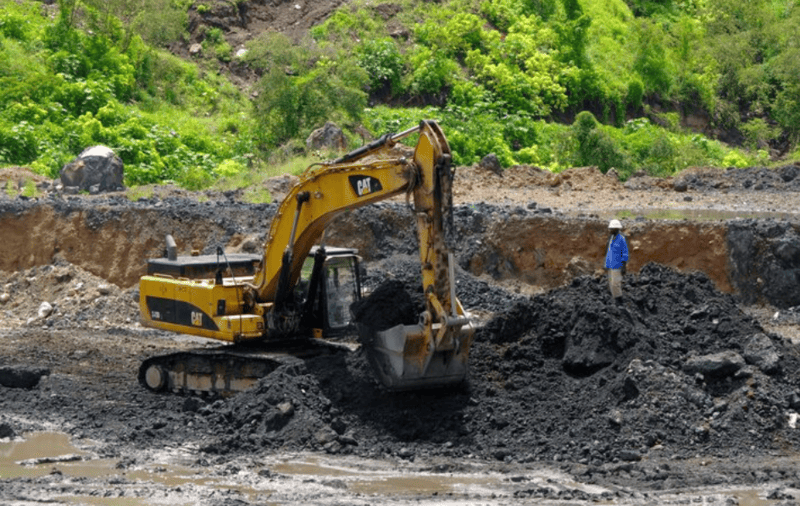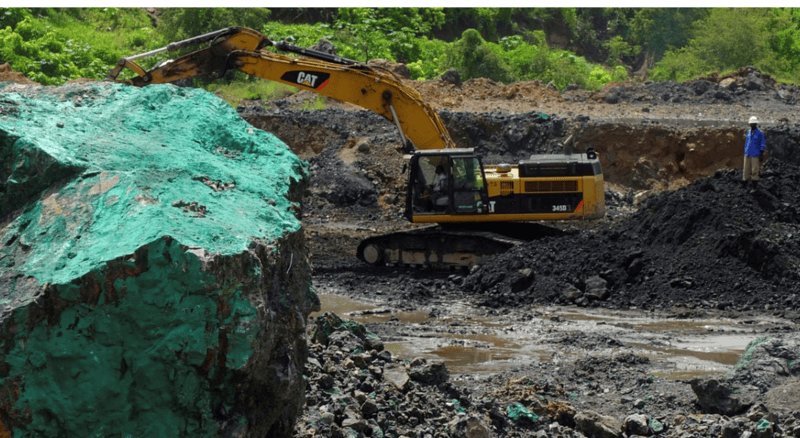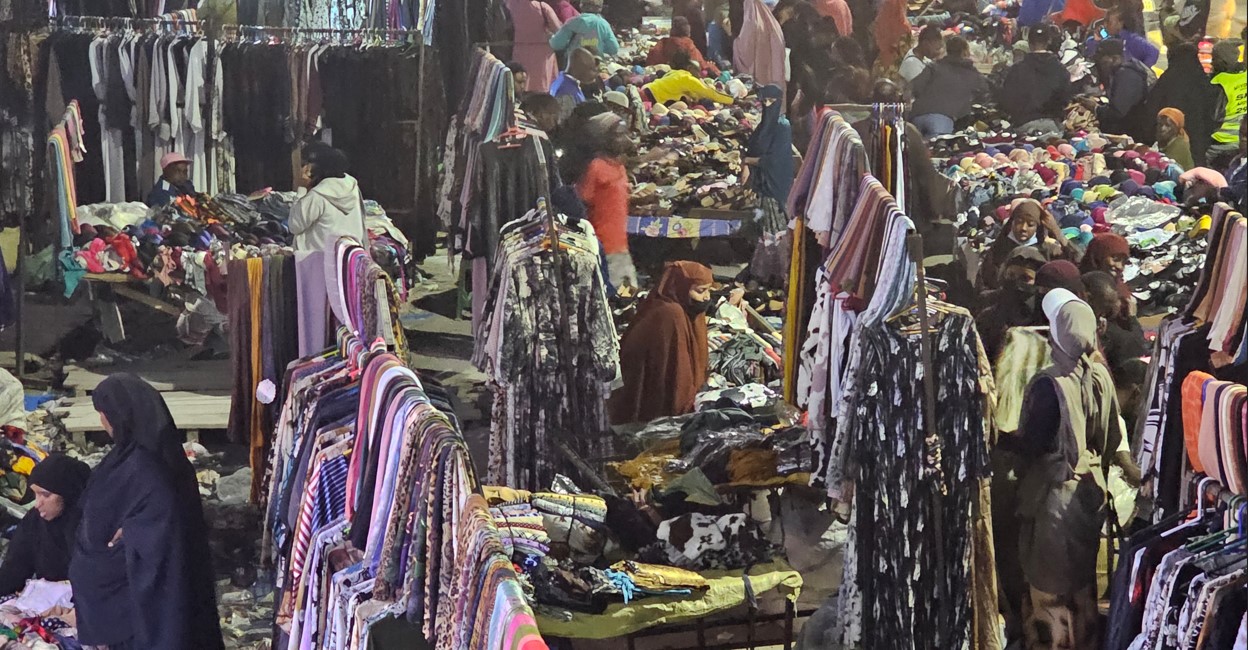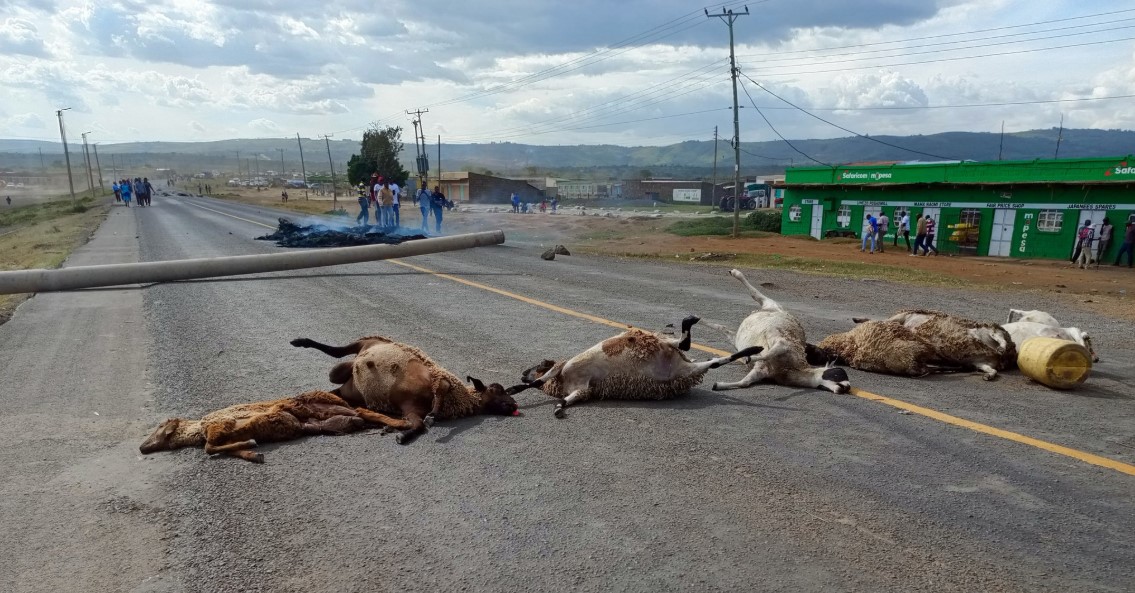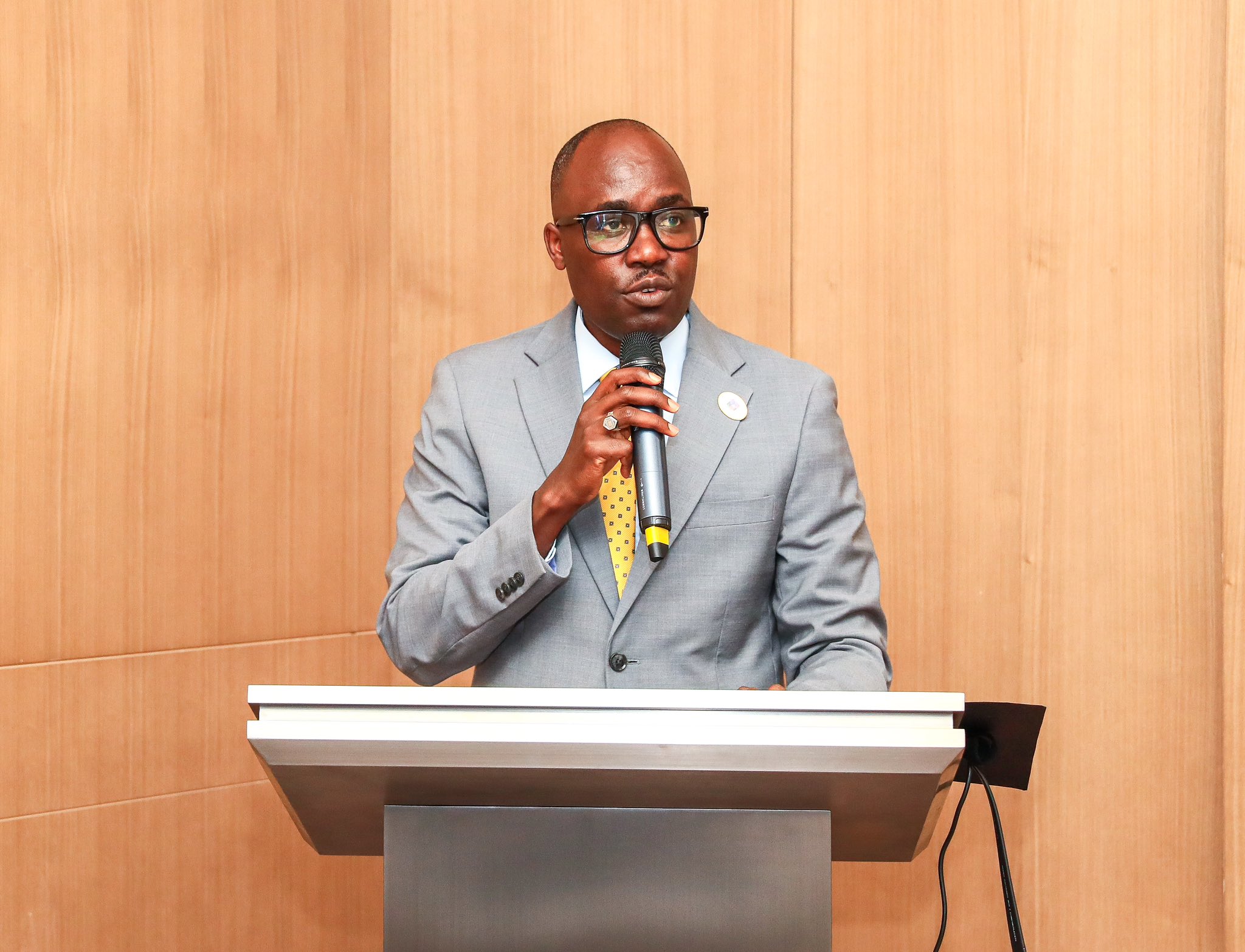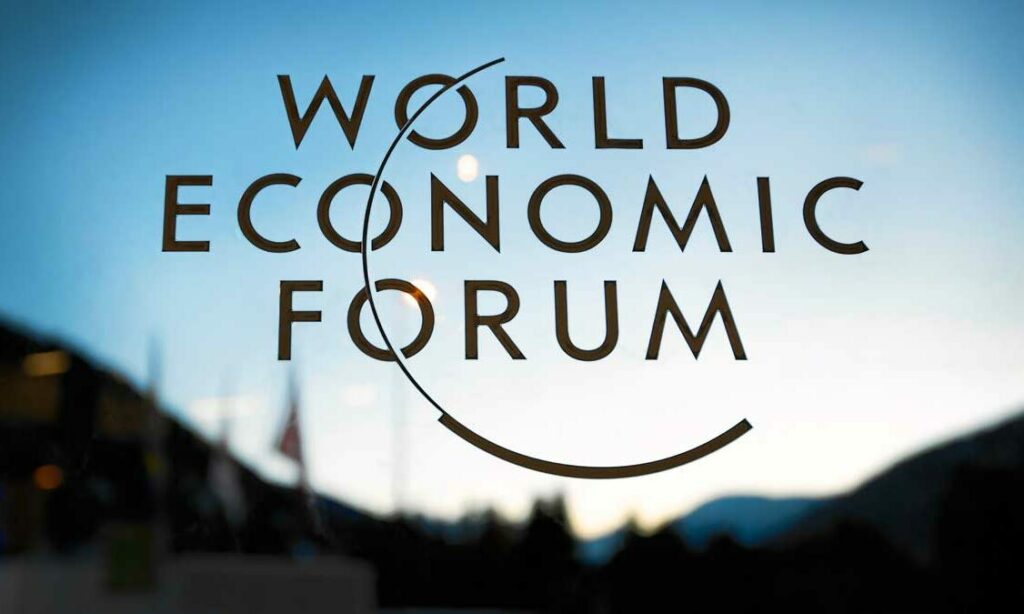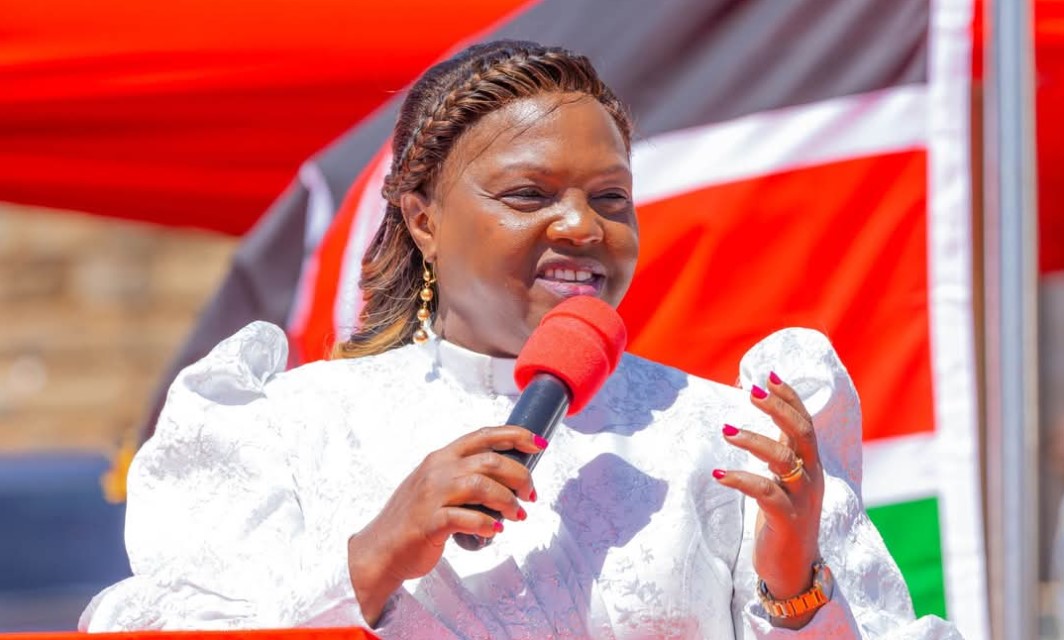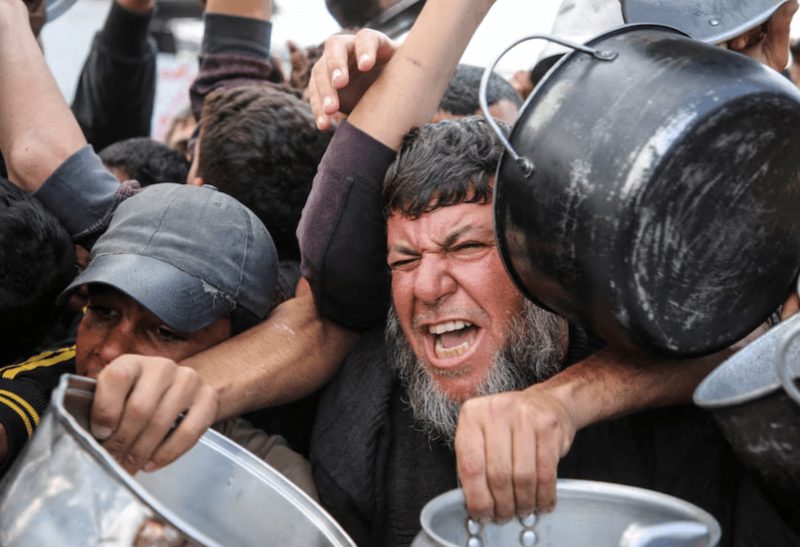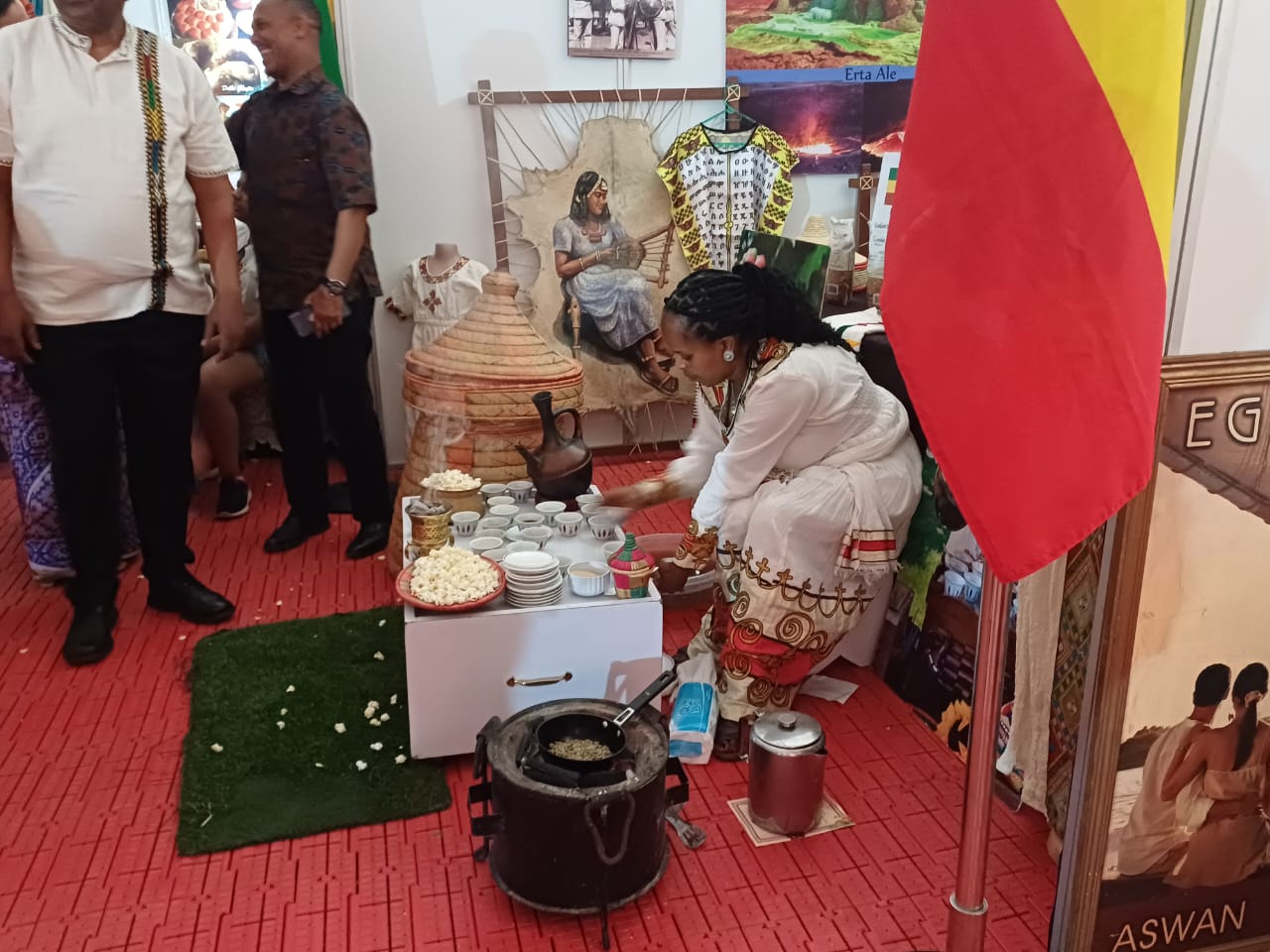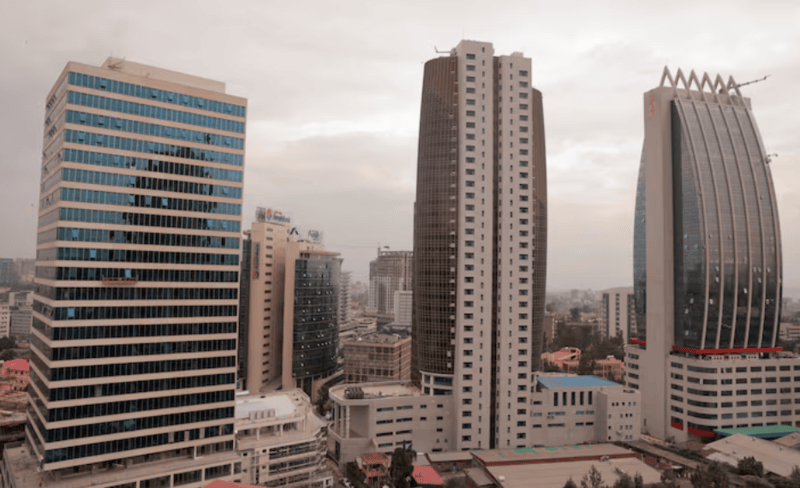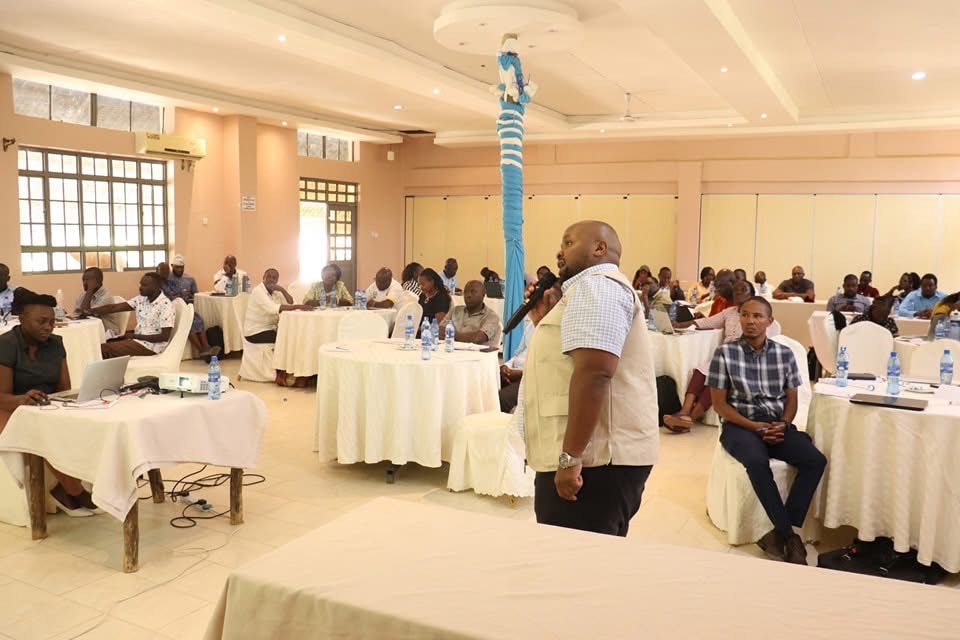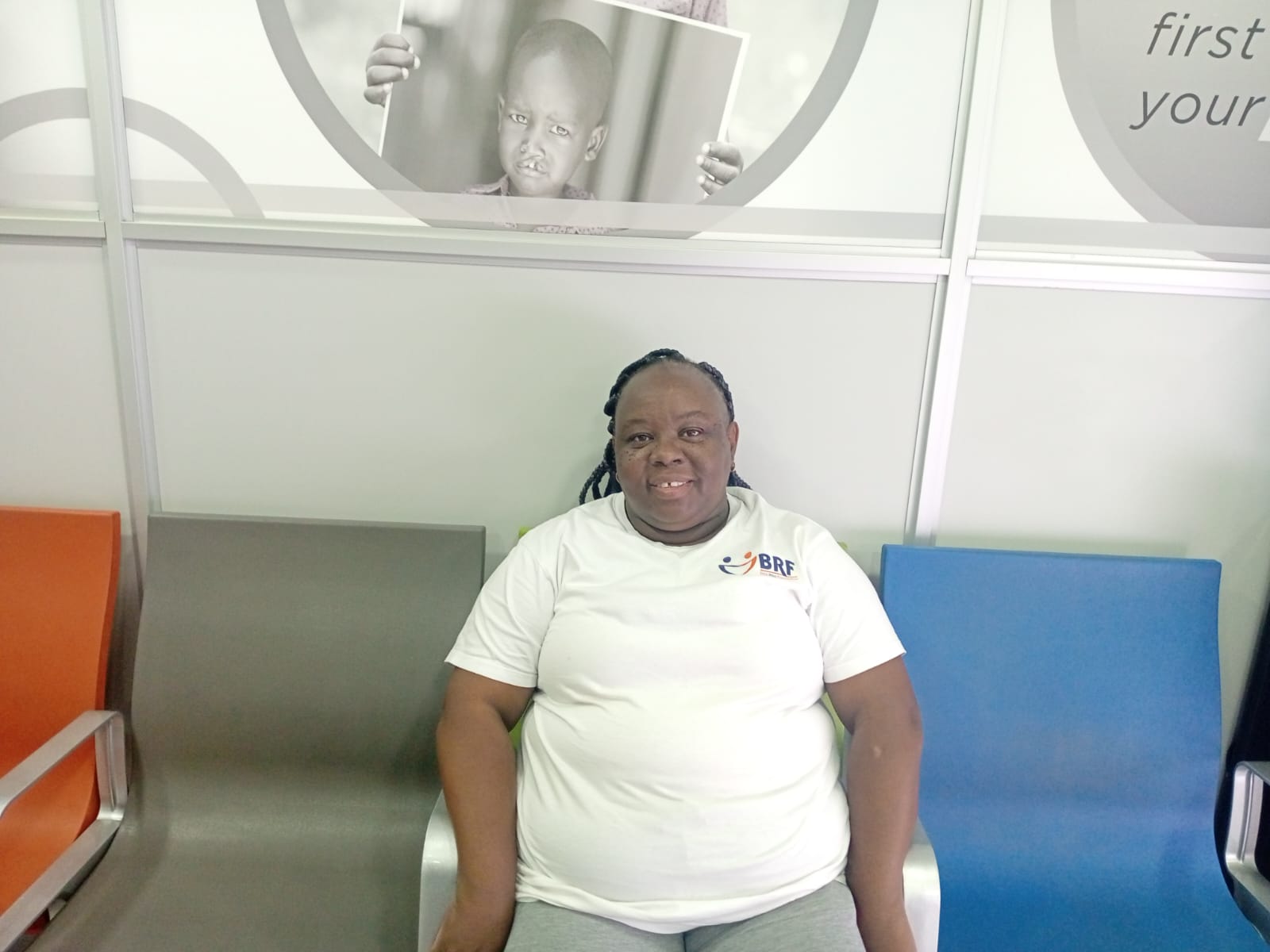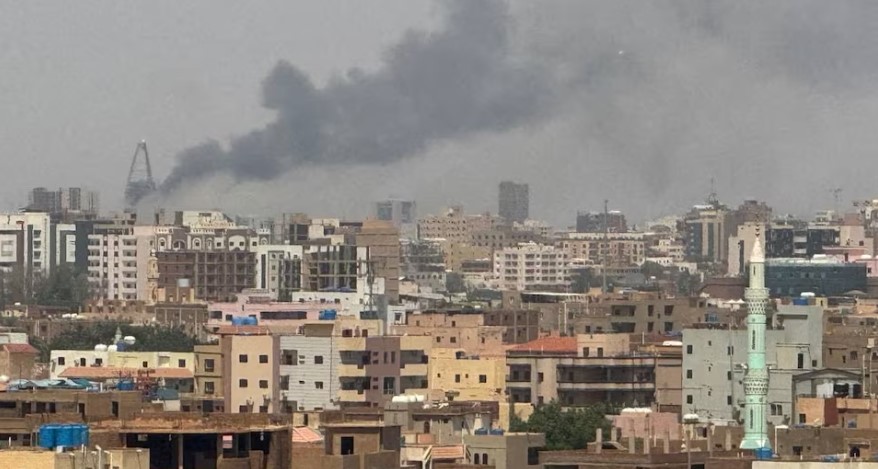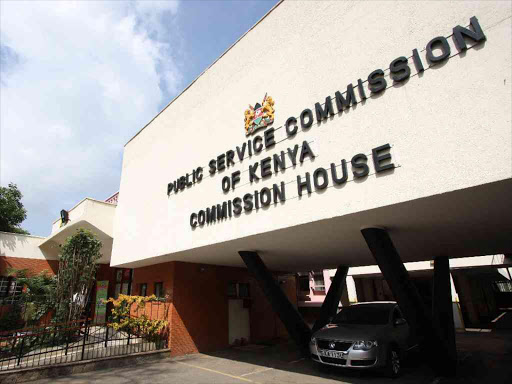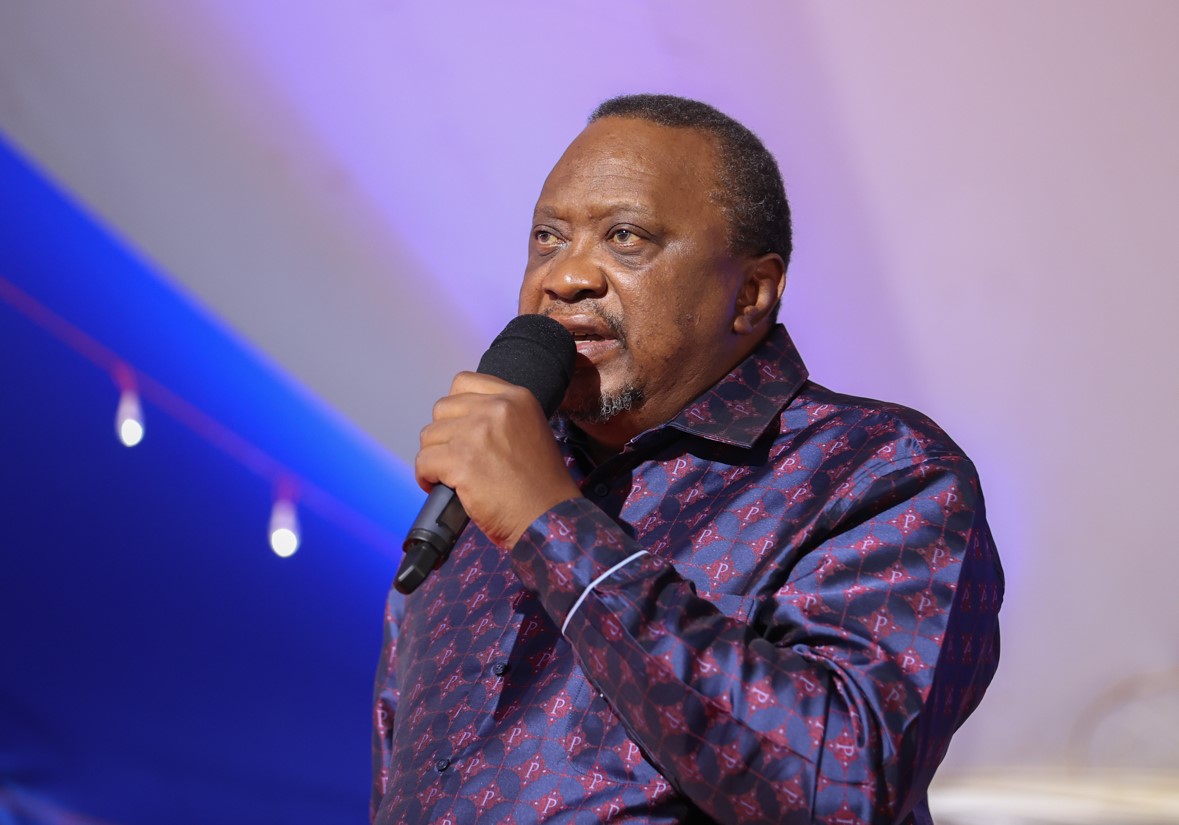Kigali heightens military posturing amid rising tensions with DRC

Rwanda cited repeated violations of its airspace by Congolese fighter jets as contributing to the heightened tensions.
Tensions between Rwanda and the Democratic Republic of Congo (DRC) escalated further on Sunday evening after Rwandan authorities issued a statement expressing concern over alleged intentions by Congolese political and military leaders to "destabilise" Kigali.
Rwanda's foreign ministry in a midnight statement, emphasised they are taking the statements "seriously" and have "adjusted their military posture" in response.
More To Read
- Ruto courts Angolan President Lourenço for support ahead of AUC chairperson's election
- UN Envoy Huang Xia condemns escalating violence in Eastern DRC, urges dialogue
- Rwandan Foreign Minister accuses US and EU of bias in M23 conflict statements
- M23 conflict escalates in eastern DRC as rebels defend ‘existential war’
This adjustment, according to Kigali, includes measures to ensure complete air defence of Rwandan territory and to degrade offensive air capabilities, particularly in light of the DRC's reported acquisition of advanced Chinese CH-4 attack drones in 2023.
Rwanda cited repeated violations of its airspace by Congolese fighter jets as contributing to the heightened tensions.
Additionally, Kigali accused the DRC government of working with the Democratic Forces for the Liberation of Rwanda (FDLR), a Rwandan ethnic armed rebel group active in eastern DRC.
"The recent M23 advances are due to the DRC's decision to expel the East African Community Regional Force in December 2023, which oversaw ceasefire and withdrawal efforts," the ministry said.
"Protecting the rights and lives of Congolese Tutsi is the responsibility of the Democratic Republic of Congo. The consistent failure to do so has exposed the entire Great Lakes Region to 30 years of conflict and instability. Hundreds of thousands of Congolese Tutsi have lived as refugees in East Africa for decades, essentially forgotten."
Tense Addis Ababa meeting
This statement follows a tense mini-summit held in Addis Ababa on the sidelines of the just concluded African Union summit, and was attended by Congolese leader Felix Tshisekedi, Kenya President William Ruto and their South African counterpart Cyril Ramaphosa.
President Ramaphosa entered the room first, followed by the Kenyan leader and their delegation. Rwandan President Paul Kagame entered afterwards, surrounded by four security guards in a rectangular formation, highlighting the tensions in the room.
The meeting was chaired by the Angolan President Joao Lourenco, accompanied by Moussa Faki, Chairperson of the AU Commission, and Bankole Adeoye, AU Commissioner for Political Affairs, Peace, and Security.
The mini-summit concluded without yielding any concrete results, prompting the Angolan President, who is mediating the conflict on behalf of the continental body, to schedule separate meetings with Presidents Tshisekedi and Kagame.
Leaders from South Sudan, Tanzania, Uganda, Burundi, Malawi and Equatorial Guinea did not attend.
During last weekend's gathering in Addis Ababa, Kinshasa secured a position as one of the 10 members of the African Union Peace and Security Council for a two-year term beginning in April.
As the principal decision-making body of the African Union for conflict prevention, management, and resolution, Kinshasa aims to push for censure against the Rwandan-backed M23 rebels.
Top Stories Today
